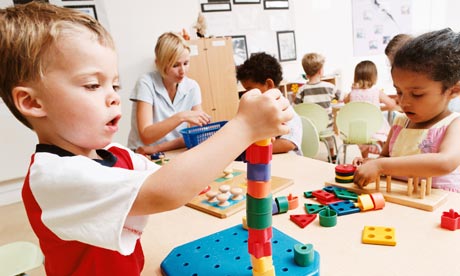Testing
for Intelligence
Child: plural noun: children
Holistic;
1. characterized by
comprehension of the parts of something as intimately interconnected and
explicable only by reference to the whole.
When
I think of the whole child and an asked what is my opinion on how a child should
be assessed? My answer, is not only
testing in academic achievements which on paper give us a portion of how the
child comprehend questions , but in the
environment of how a child functions. Example
…emotions, respective, descriptive and expressive language during interaction.
Also vision, hearing, taste, and smell, also physical development plays a great
part on how the child takes information in and applies the data. We have Ages and Stages
Questionnaires from birth to six, at this point in elementary and secondary
peers play a crucial role how children isolate themselves or flourish because
of confidence. So an environmental assessment of the whole child would be
beneficial.
Let’s look at China
May
2007 | Volume 64 | Number 8
Educating the Whole Child Pages 70-73
China
and the Whole Child
Yong Zhao
A nation with a rigid thousand-year-old
testing system struggles to implement a more holistic approach to education.
Half a century ago, Mao
Tse-tung articulated the central aim of Chinese education: “Our educational
policy must enable everyone who receives an education to develop morally,
intellectually, and physically and become a worker with both socialist
consciousness and culture” (1957). China embraced, in theory, Mao's appeal for
educating the whole child, and this approach remains the guiding principle for
education in China today. Yet it has had a minimal effect on Chinese education.
Overworked, Underrested
Students in China continue to be burdened with
long school days, mountains of homework, and time-consuming school-oriented
extracurricular activities. Sleep deprivation among students as a result of
excessive schoolwork is a persistent problem. According to the Beijing Education
Commission, over 60 percent of students don't get sufficient sleep (Zhang,
2006). On weekdays, students leave for school at approximately 7:00 a.m.; they
typically get home around 6:00 p.m., with at least two or three hours of
homework to complete. On weekends, students attend tutoring sessions, training
courses for various contests, or test preparation events (Liu & Liu, 2004;
Lv & Song, 2005). They are simply too busy to sleep or engage in leisure
activities.
Reference;
Yong, Z. (2007, May 1). China and the Whole Child. . Retrieved ,
from
http://www.ascd.org/publications/educational-leadership/may07/vol64/num08/China-and-the-Whole-Child.aspx
Additional Comments
Above
all else the cliché “ the children are our future” is very try, and as educators it is our responsibility to stay current in
education and objective to how to enhance, create and implement fair
assessment that look at the whole child’s
way of taking in and applying life skills.







